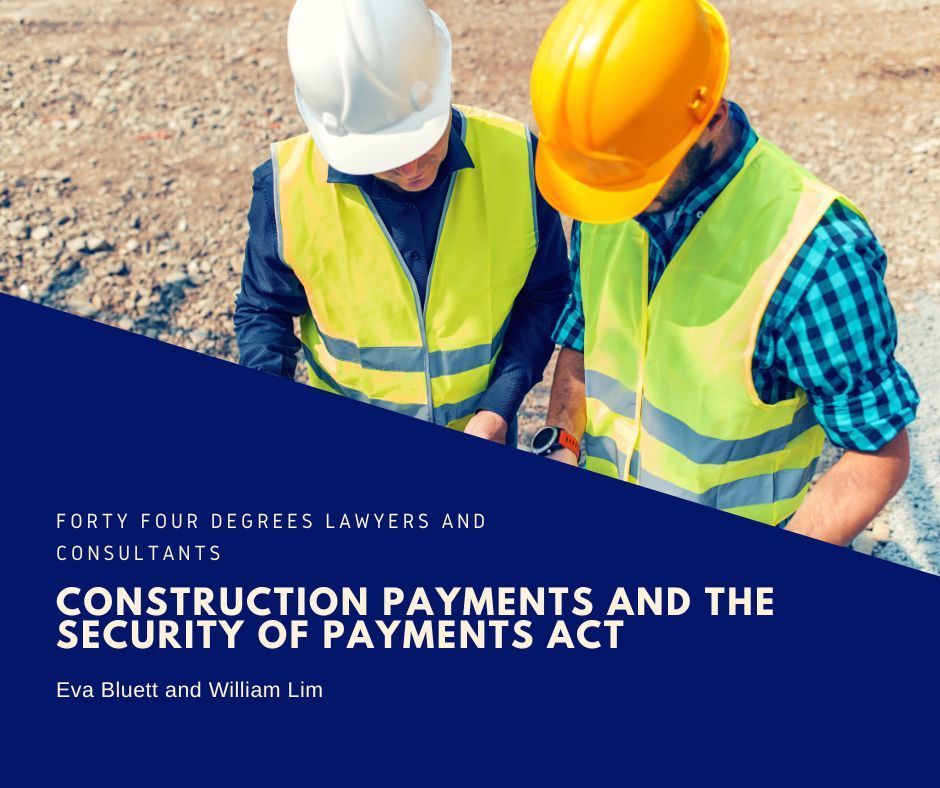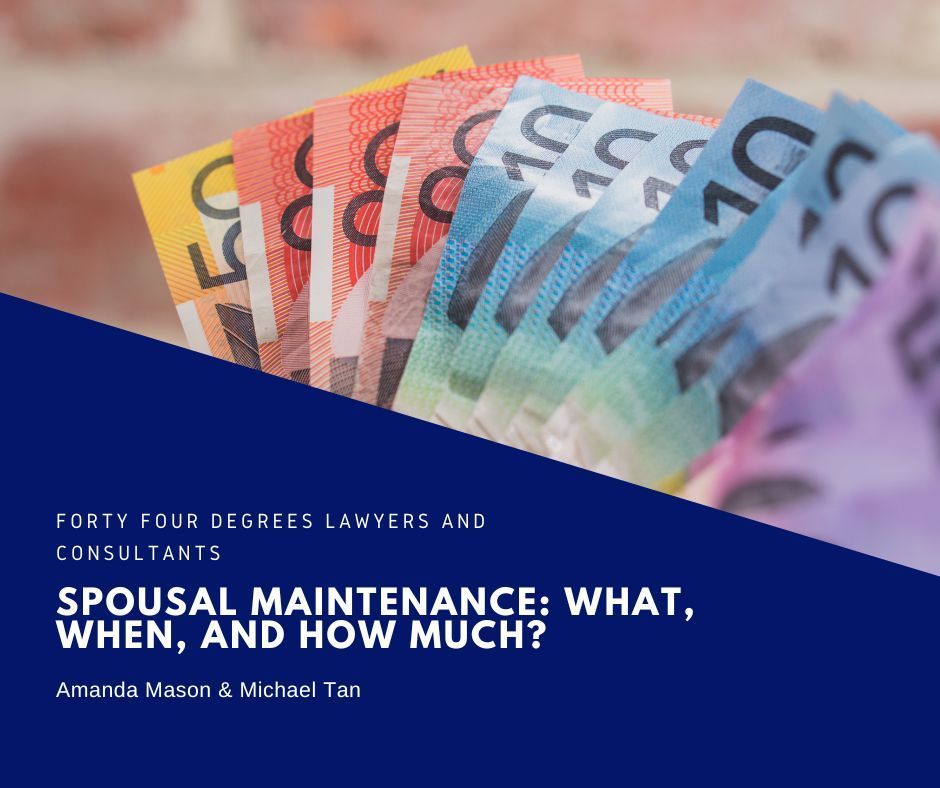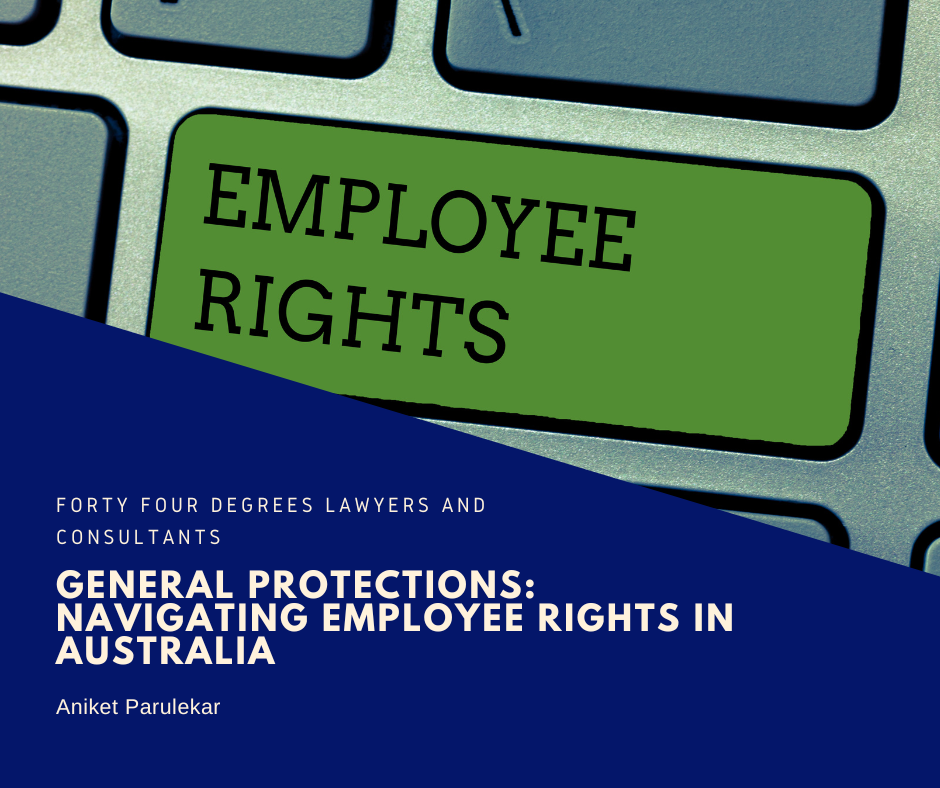Tenants in Common
Hana Lee and Mason Farley • Apr 14, 2021
Forcing a Sale of Property owned by Tenants-in-Common

What you should consider before buying property with your friends.
Purchasing property with a friend or family member often seems like a great opportunity for buying your first home or an investment property.
While dividing the financial resources to enter the property market can be both a logical and rewarding venture, becoming a co-owner of property can present particular difficulties. Disputes can quickly arise when one co-owner wishes to sell their interest in the property, and the other does not.
If you do not wish to sell the property or cannot afford to pay out the other half, your interest in the property may become vulnerable.
So, what happens when one co-owner wishes to sell their interest and the other does not?
Unfortunately for the resisting party, if the dispute cannot be resolved, the sale will usually go ahead.
One of the fundamental issues is the limited jurisdiction of Victorian Civil and Administrative Council (‘VCAT’). While the Family Court has the jurisdiction to hear property disputes between parties who are married or in a de facto relationship, and the Supreme Court is limited to handling complex and commercial property divisions, parties with no such circumstances must apply to VCAT to have their matters heard.
Here, VCAT will hear co-owner disputes in situations where only one co-owner wishes to sell the property, or where co-owners cannot agree on how to sell the property or distribute the profits proportionately.
When a dispute is raised and cannot be resolved by the parties, an application must be made to VCAT. Proceedings will then generally be commenced where often the outcome is an order for the sale of the property and division of sale under the Property Law Act 1958 (Vic)
- (s228(2)(a) PLA).
For co-owner disputes, the sale and division of proceeds is the preferred option by VCAT unless the surrounding circumstances would deem it to be unjust or unfair (s229 PLA)
Sherwood v Sherwood
discussed the circumstances which VCAT will consider when proportioning the legal interest in property of co-owners. Factors to be considered by VCAT will include any costs for maintenance and repairs to the property, renovations, and other financial and non-financial contributions to the property.
Protecting your rights
Due to the nature of the relationship when friends or family members decide to purchase property together, formal agreements are often neglected.
Importantly, always consider entering a formal agreement with specific terms to protect your rights to property and avoid the potential of litigation proceedings or relationship breakdown.
While this may not eliminate the potential for forced sale of the property by a co-owner, it can go a long way in protecting your property rights in the future.
Take Home Points
In summary, purchasing a property with a friend or family member remains a valuable option for those aiming to enter the property market. However, as outlined, co-ownership can present some underlying issues.
Always tread carefully when deciding to purchase a property with a friend or sibling, because you never know if you may be forced to prematurely sell your interest on their grounds rather than yours.
Hana Lee
is a lawyer at Forty Four Degrees focusing on business start ups, transnational advice, technology, and commercial law.
Contact Us
We’re an Australian Law Firm promoting a nuanced, personal touch. We have the skills you need to resolve your case quickly and with a positive outcome. Our straight talking team stays close to simplify what is most often a complicated process. We help individuals and businesses with technology and startup law, property law including conveyancing and leasing, commercial law, civil litigation, wills, estates, bankruptcy, insolvency, criminal law, and professionals facing investigations and charges from their regulatory body.
We have a connected network of talented lawyers in Melbourne CBD, Dandenong, Ballarat, and Ivanhoe East.
Fill out the form or call us on 1300 892 237.
Thank you for contacting us.
We will get back to you as soon as possible
We will get back to you as soon as possible
Oops, there was an error sending your message.
Please try again later or call us on 1300 892 237.
About Us
We do business your way.
203/ 50 Market St, Melbourne VIC 3000
50 Lydiard St South
Ballarat Central VIC 3350










